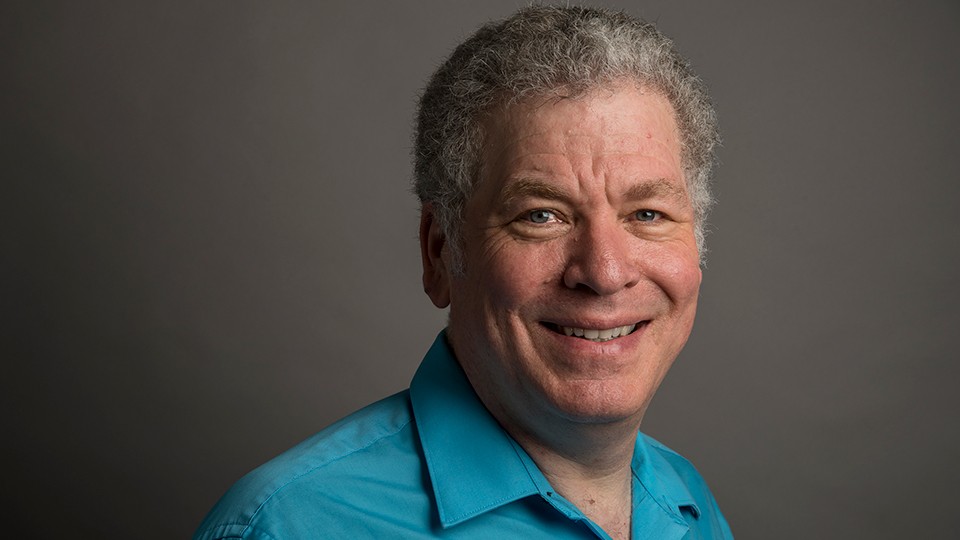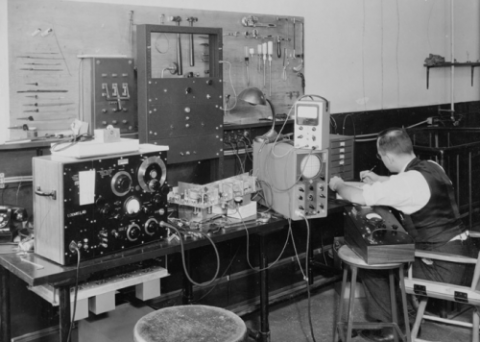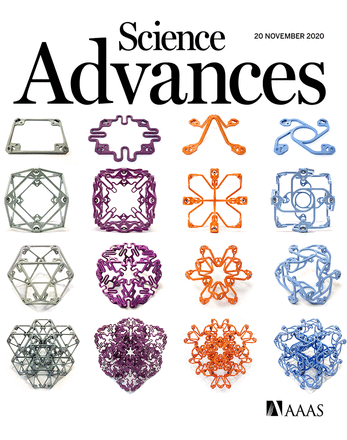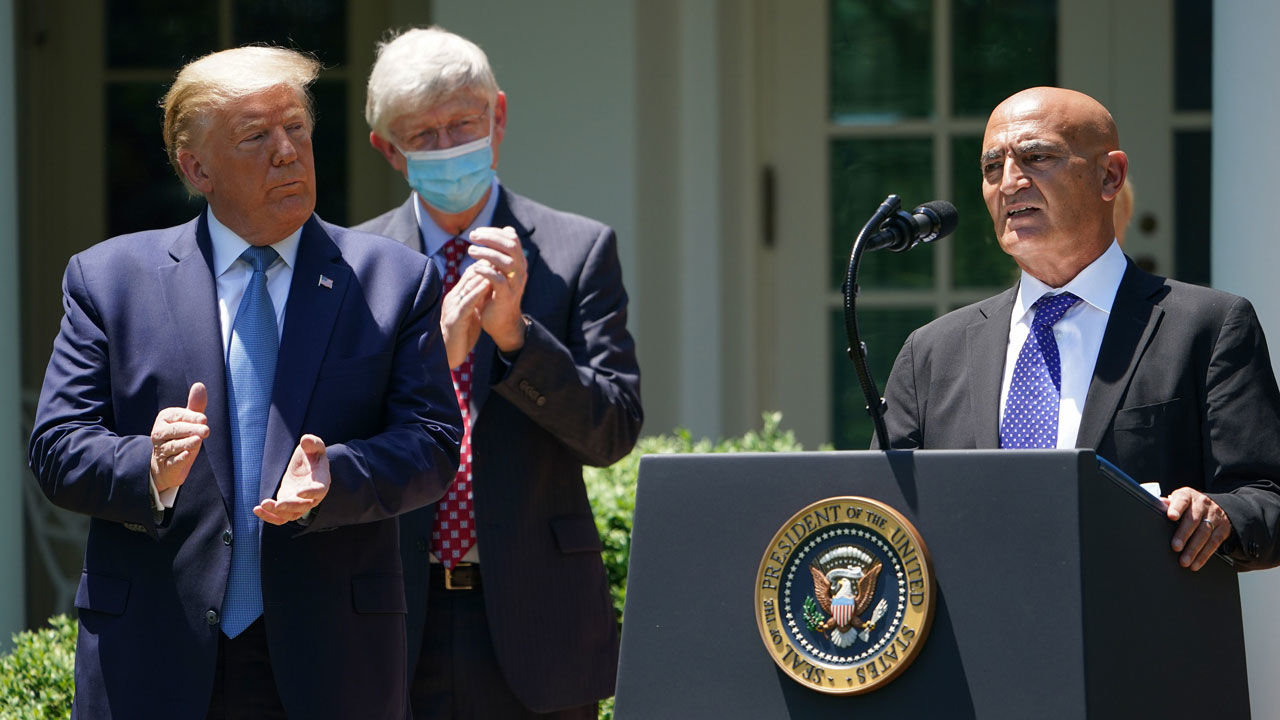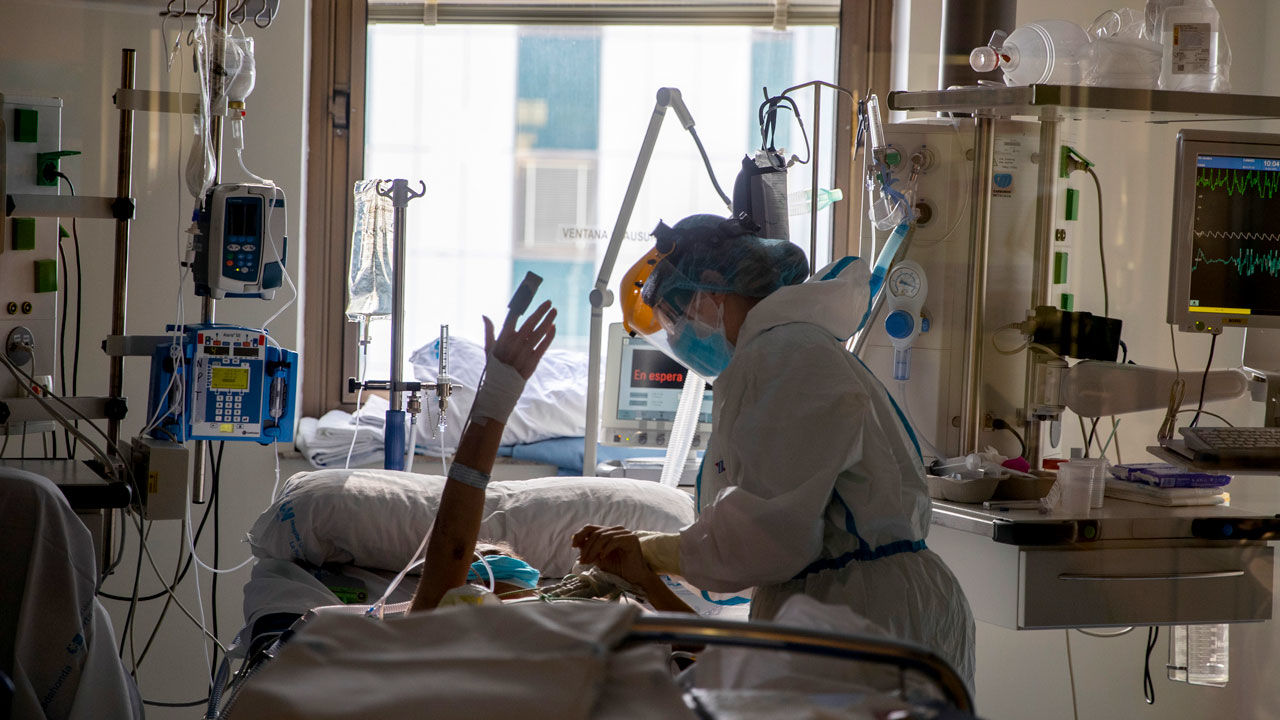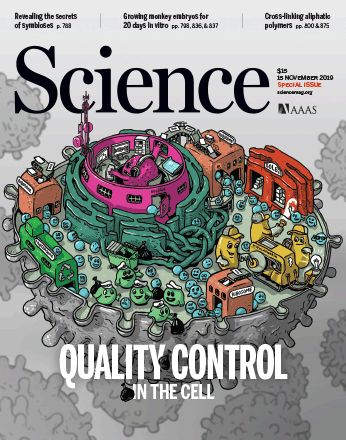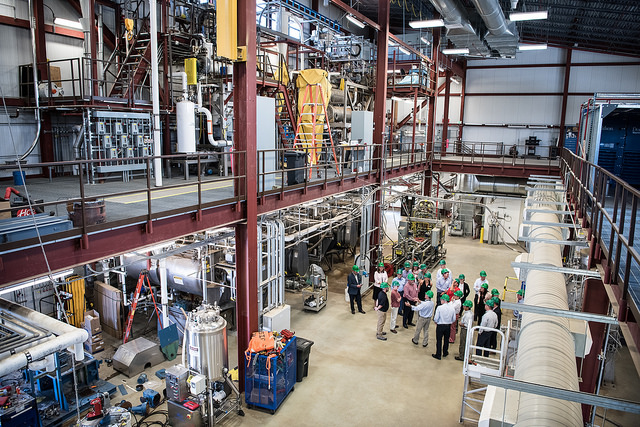Send us a link
Data-driven Advice for Grad School
"Do you have any advice for future graduate students?" I asked. The student had recently defended his Ph.D., and I was conducting an exit interview-something I do with every graduating biomedical Ph.D. student at my university, where I am in charge of evaluating our medical school's Ph.D. training programs. He sat back in his chair and thought for a minute before responding: He wished he had started to plan for his post-Ph.D. career earlier. My shoulders dropped and I let out a sigh. "Program directors recommend this to incoming students every year, but some don't seem to hear it," I said. "How do you think we can get them to listen?" This time, he didn't hesitate. "They are graduate students in science ," he exclaimed. "Show them the data!" > "Even when you're just getting started, you need to look forward." That was my aha moment. I immediately began to document the responses to this question in subsequent interviews. It has been 3 years now, and the data I've collected confirm my suspicions-the same answers come up again and again. As a new cohort of Ph.D. students starts grad school this fall, here are the five pieces of advice graduates offer most frequently. Thirty-two percent of graduating students said this is the most critical decision a Ph.D. student can make. Many students gravitate toward mentors who work in areas they find interesting and exciting, but it is also important to think about what style of mentoring you respond to best. Finding a mentor with the right mentoring approach for you is at least as important as finding one who studies a specific topic. You need time to (a) decide which career paths you find appealing and (b) start preparing for those careers. Twenty percent of graduating students recommended exploring future careers as early as possible so you can use your time in grad school to build additional skills you will need. To learn about specific professions, you can conduct informational interviews, attend seminars where alumni discuss their careers, do an internship, or engage in a variety of other options. Graduate school is full of ups and downs. Thirteen percent of graduates said that if you feel the need to talk to someone on or off campus, don't hesitate. "If you are not happy, try to do something about it and make a change," one student said. If you feel isolated, another student recommended joining a campus group to connect with others. Twelve percent of graduates recommended that students consistently and critically evaluate their progress throughout their training. Make an outline of your research and career goals and when you want to achieve them, and hold yourself to that plan. Some students use an individual development plan to prompt discussions with their mentor and thesis committee. But don't wait for these meetings; setting goals and holding yourself accountable should be a continuous habit. This looks different for different people, but don't ignore it. You should expect to work hard in grad school, but the right work-life balance can have an important influence on your mental health and overall quality of life. Nine percent of graduates recommended finding something that helps you unwind, such as pursuing hobbies, getting together with friends, or volunteering in the community. Observant readers may notice that the numbers above only add up to 86%. Other pieces of advice included be assertive and ask for what you need, learn to trust your experimental results as long as the controls work, and plan your projects around what's needed for a publishable paper. But the most important thing is to take these pointers to heart early on. Even when you're just getting started, you need to look forward.
Data Secrecy is Crippling Attempts to Slow COVID-19's Spread in U.S.
California scientists have been denied access to detailed data on the pandemic by state and local officials

One U.K. Trial is Transforming COVID-19 Treatment. Why Haven't Others Delivered More Results?
One U.K. Trial is Transforming COVID-19 Treatment. Why Haven't Others Delivered More Results?
Clinical study has been helped by a simple design, a centralized health care system, and lots of infections
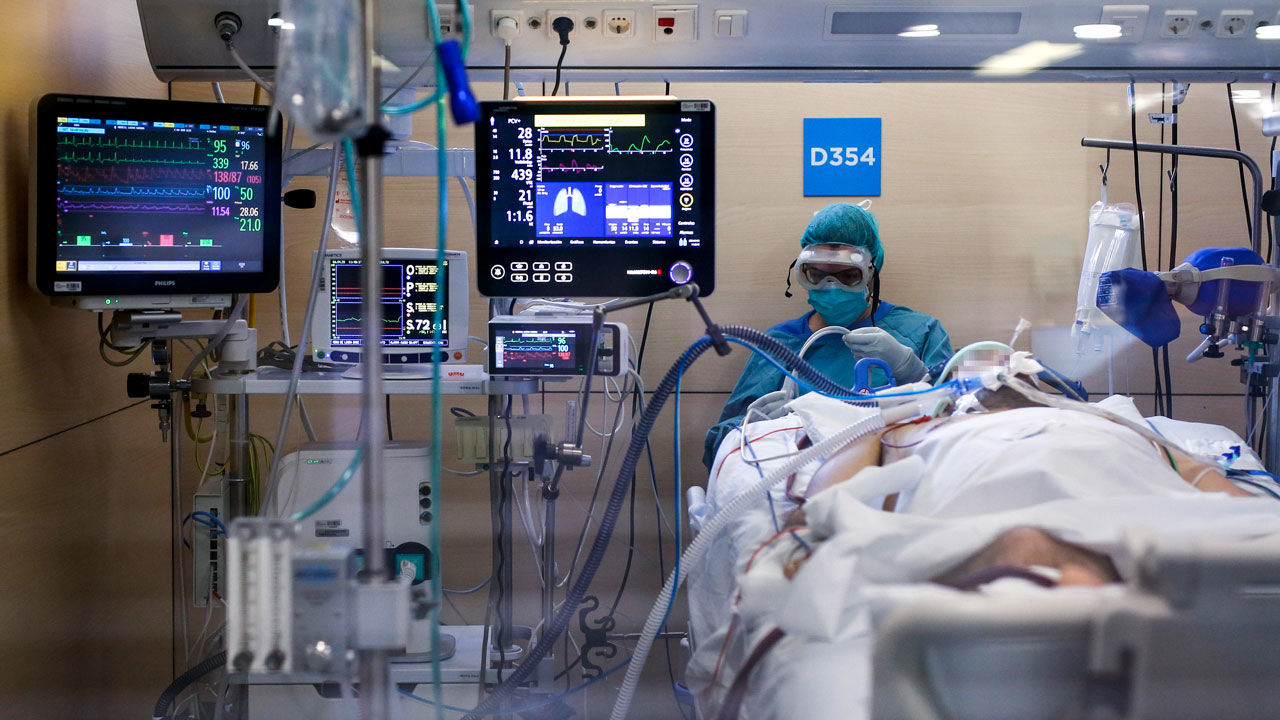
Top U.S. Scientists Left out of White House Selection of COVID-19 Vaccine Shortlist
Two Elite Medical Journals Retract Coronavirus Papers over Data Integrity Questions
AAAS CEO Comments on Social Unrest, Racism, and Inequality
The CEO of the American Association for the Advancement of Science highlights the importance of leadership in the face of the current social unrest.
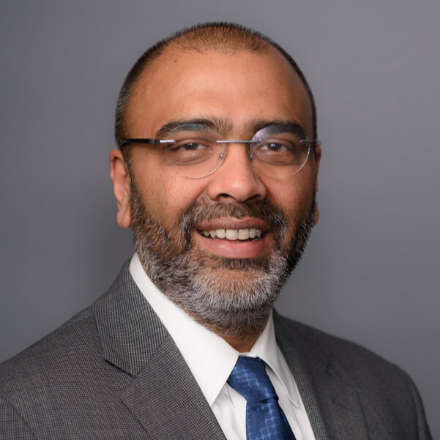
The Precarious Position of Postdocs During COVID-19
Postdoctoral researchers play a crucial role in many research groups, serving as mentors, teachers, and leaders as they develop their skills and prepare for scientific careers. However, the coronavirus disease crisis has put funding and support for postdoc positions at risk, threatening to upend the career paths available to these junior scientists.
From Black Death to Fatal Flu, Past Pandemics Show Why People on the Margins Suffer Most
From Black Death to Fatal Flu, Past Pandemics Show Why People on the Margins Suffer Most
Inequality made historical pandemics 'worse than they had to be'.
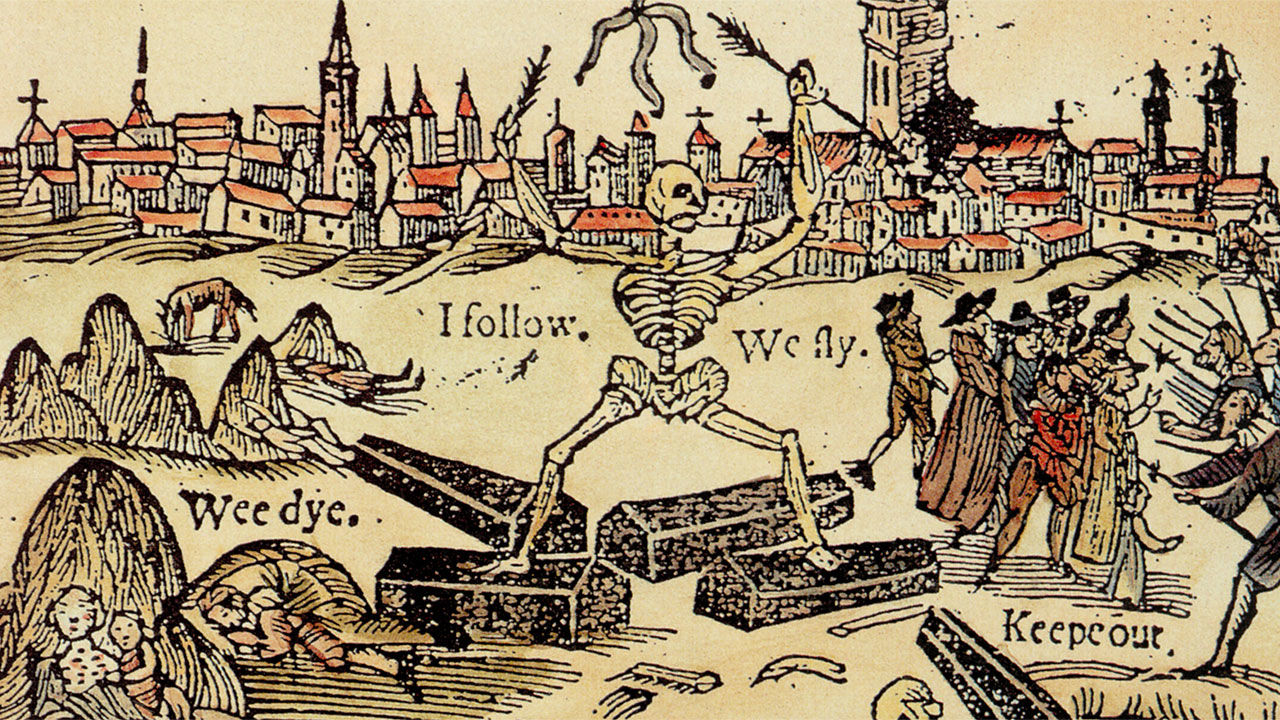
Why NIH is Beefing Up Its Data Sharing Rules After 16 Years
Draft update to 2003 policy of the National Institute of Health will require that all grantees make data sets freely available.

Scientific Integrity Bill Advances in U.S. House with Bipartisan Support
Scientific Integrity Bill Advances in U.S. House with Bipartisan Support
Democrats drop some provisions to gain Republican backing and improve chances of final passage of the scientific integrity bill.
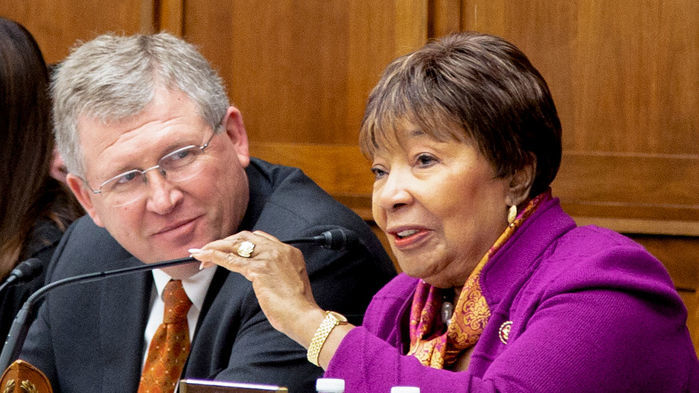
What Do We Know About Ph.D. Scientists' Career Paths?
For institutions ostensibly in the business of amassing knowledge, universities know remarkably little about what happens to their Ph.D. alumni once they leave graduate school.

It's OK to Quit Your Ph.D.
Former students recount their experiences dropping out.

How to Retool Graduate STEM Education
The National Academies of Sciences, Engineering, and Medicine recently released a report outlining key recommendations for graduate programs and the science enterprise. It highlights the need for employers in all sectors to provide financial support for internships and other types of career experiences to students and recent graduates.
AAAS, APS Seek to Free Iranian Physician Facing Death Penalty
AAAS and APS presidents seek justice for physician and scientist Ahmadreza Djalali, who faces death sentence, in letter to Iran President Rouhani.
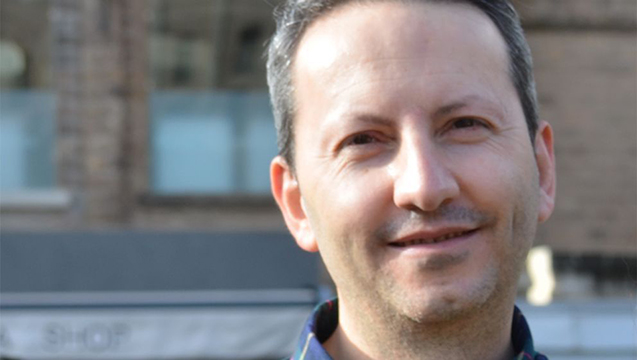
AAAS CEO Calls on Secretary of State to Name New S&T Adviser
Secretary of State Rex W. Tillerson must act swiftly to appoint a respected scientist or engineer as his science and technology adviser.
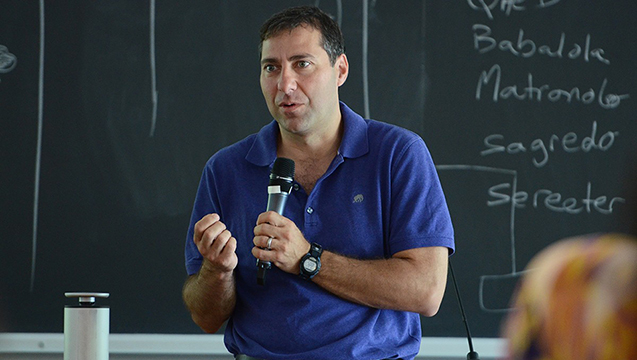
White House’s 2018 Budget Plan Would “Devastate” R&D
The double-digit percentage cuts President Donald Trump is proposing in his fiscal 2018 budget plan for science and technology programs would “devastate America’s science and technology enterprise” and weaken the nation’s economic growth.
Putting Evidence to Work for Policymakers
Although scientists often are urged to share their expertise with policymakers, the idea that evidence should drive policy is not always accepted.
Connecting Scientists to Policy Around the World
Landscape Analysis of Mechanisms Around the World Engaging Scientists and Engineers in Policy.
Winners of the 2016 AAAS Kavli Science Journalism Awards
2016 winners include journalists from China, Germany, Sweden, The Netherlands and the United Kingdom.
Science Editor-in-Chief Highlights Need for Steady Science Funding
In an editorial in the 26 August issue of the journal Science, Jeremy Berg, the journal's 20th editor-in-chief, examines the importance of funding science steadily, with predictable budget cycles that allow science-funding agencies to do long-term planning that research projects typically require.
